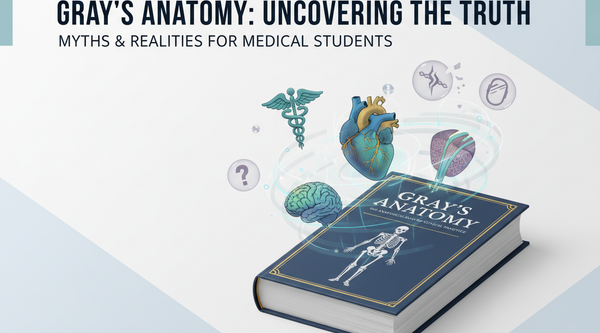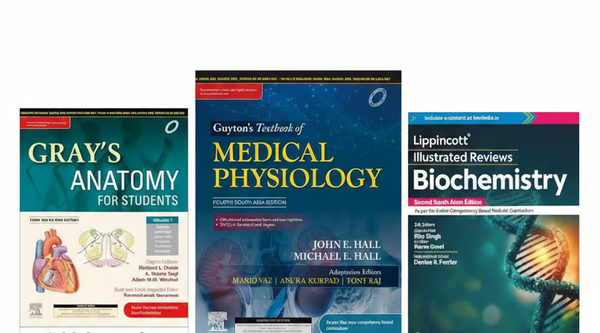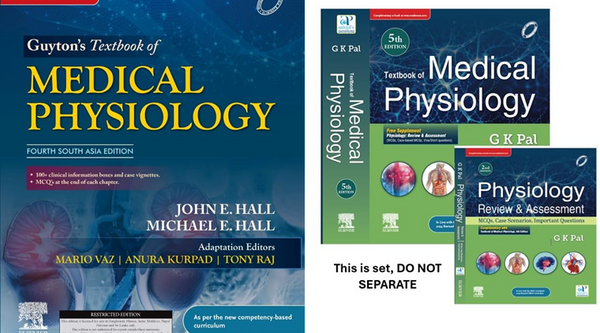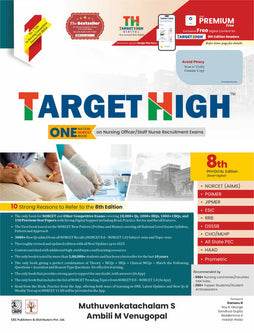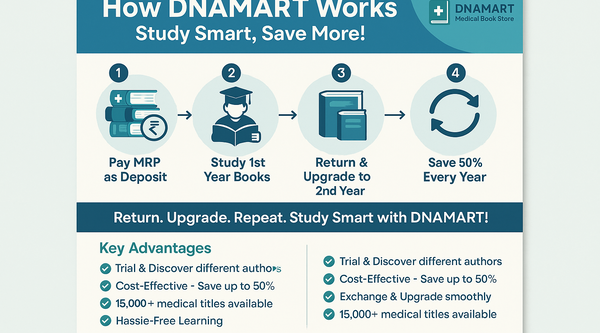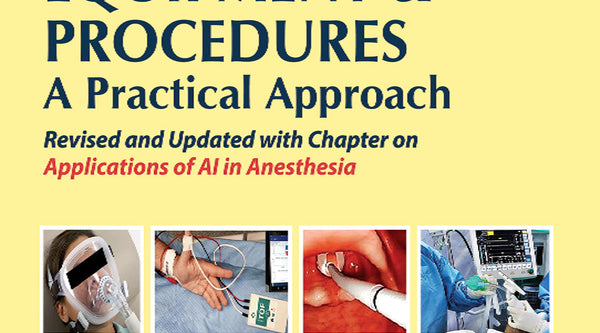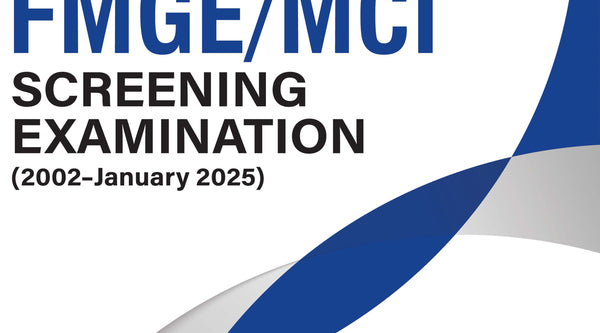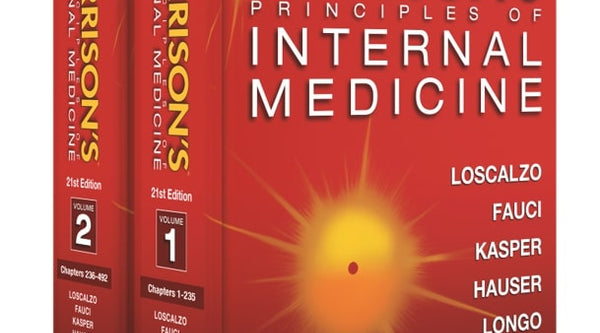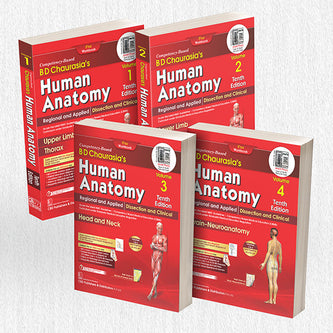📚 The Hidden Truth Behind Medical Textbooks: How Unqualified Teachers and Publisher Politics Are Misleading Students
Every year, thousands of first-year medical students enter college with dreams of becoming skilled doctors. But before they even touch a cadaver, many fall victim to one of the biggest traps in medical education — the textbook market.
⚠️ The Textbook Trap
In today's medical education, publishers have become more powerful than professors. Book stalls, YouTube reviewers, and coaching centers constantly push "recommended" books — not because they're the best, but because they sell.
Unqualified or inexperienced "teachers" on social media often promote certain books for commissions, not content quality. The result? Students waste precious time memorizing poor-quality notes instead of building real understanding.
🧾 The Edition Scam
Have you noticed? Every few months, a "new edition" pops up — even when there's hardly any change inside.
These "revised editions" are often just reprints with new covers and a few rearranged paragraphs. Publishers use this tactic to push sales and make old stock obsolete, forcing students to buy again.
Meanwhile, genuinely updated, evidence-based content (like in Gray's or Guyton) remains underused because it's considered "tough" — not "marketable."
👨🏫 The Rise of Unqualified "Teachers"
Social media is full of "toppers," "mentors," and "YouTubers" who teach anatomy, physiology, and biochemistry — often without any formal qualification, postgraduate degree, or dissection hall experience.
They simplify beyond accuracy, spread half-truths, and make students believe that rote-learning is enough.
Real teaching requires clinical linkage — not short-cut notes. When anatomy is reduced to mnemonics and diagram tricks, students lose the ability to think like doctors.
💰 The Business Behind "Recommended" Books
Many private colleges and bookshops work with publishers to promote certain titles under the label "prescribed by the university."
Often, faculty are subtly encouraged to push those books — sometimes even without reading them thoroughly.
This business-driven ecosystem sidelines genuine academic books written by qualified experts.
🧠 What Students Should Do
Check the author's credentials.
Prefer books written or edited by professors with real teaching or clinical experience.
Compare editions carefully.
Don't buy a new edition unless the changes are substantial (check the preface or content differences).
Read reviews from real medicos.
Not influencers. Ask seniors who've cleared NEXT or USMLE.
Prioritize conceptual clarity.
Choose books like Gray's Anatomy for Students, Guyton & Hall, and Lippincott's Biochemistry for long-term value.
Support transparent platforms.
Sites like DNAmart.in — run by medical students — promote genuine editions and discourage fake or overpriced bundles.
🔍 The Way Forward
Medical education shouldn't be dictated by publishers or fake "mentors."
It should return to its foundation — qualified teachers, verified sources, and academic honesty.
Every medical student deserves the right to learn from authentic, evidence-based books, not manipulated markets.
And it starts with awareness — yours.











